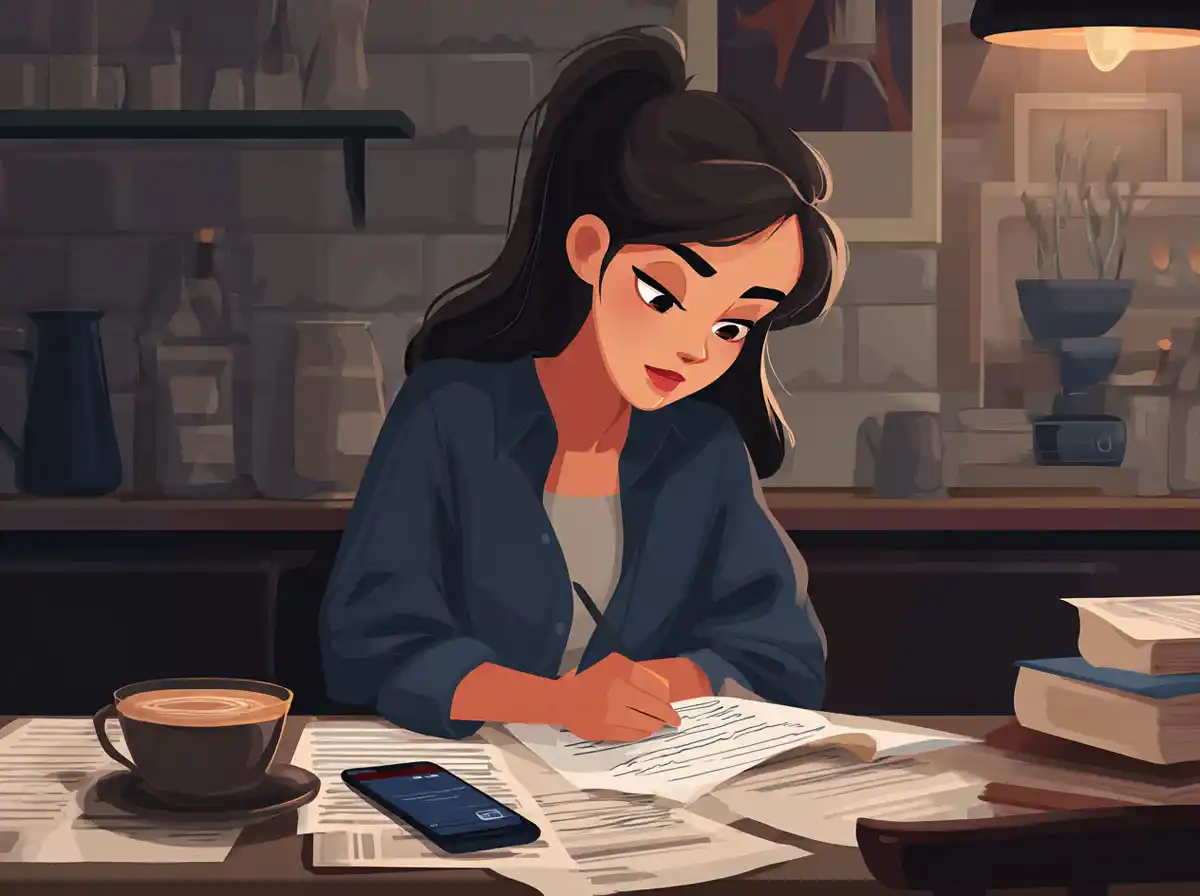###
General Greetings
One of the most common greetings you will need to know in Polish is “Hello.” In Polish, this is “Cześć”, pronounced as ‘cheshch’. It’s a casual greeting, widely used among friends, family, and sometimes with acquaintances.
For a more formal greeting, you might use “Dzień dobry” (Jen dob-ri), which translates to “Good day” or “Good morning.” This greeting is appropriate to use from morning until the early evening.
###
Time-Specific Greetings
Polish people often use greetings that are specific to the time of day. As mentioned, “Dzień dobry” is suitable for the morning and can be used up to around 5 pm. From the late afternoon through the evening, the appropriate greeting is “Dobry wieczór” (Dob-ri vyeh-choor), meaning “Good evening.”
In informal situations or among young people, you might also hear “Siema”, which is a very casual way to say “Hi.” It’s similar to saying “Hey” or “What’s up?” in English.
###
Greetings for Goodbye
When parting, there are a couple of common phrases you might choose from. “Do widzenia” (Do veed-zen-ya), which means “Goodbye,” is formal and polite. It’s suitable for use in most situations.
Another common farewell, which is slightly less formal, is “Do zobaczenia” (Do zob-ah-chen-ya), meaning “See you.” For a casual parting, particularly among friends or family, you might simply say “Cześć” again, as it can also mean “bye.”
###
Asking How Someone Is
When you greet someone, it’s polite to ask how they are doing. In Polish, you might say “Jak się masz?” (Yak sheh mash?), which means “How are you?” in a relatively informal context. In a more formal situation, you could say “Jak się Pan/Pani ma?” (Yak sheh Pan/Pani mah?), which is the equivalent of saying “How are you, sir/madam?”
Responding to this question is straightforward. You could say “Dobrze” (Dob-zheh), meaning “Good,” or “Nieźle” (Nyeh-zleh), which means “Not bad.” If you are not feeling well, you might say “Źle” (Zleh), meaning “Bad.”
###
Special Occasions
During holidays or special occasions, you might want to use greetings that are specific to the event. For instance, during Christmas, Poles often say “Wesołych Świąt” (Veh-soh-wih Shvyont), which means “Merry Christmas.” For Easter, the greeting is “Wesołego Alleluja” (Veh-soh-weh-go Ah-leh-loo-ya), or more commonly just “Wesołych Świąt”.
On birthdays or name days, a common greeting is “Wszystkiego najlepszego” (Vshyst-ke-go nai-lep-sheh-go), which means “All the best.”
###
Politeness in Greetings
Polish culture places a high value on politeness and formality in certain situations. When addressing someone significantly older or in a formal situation, it is common to use the titles “Pan” (for men) or “Pani” (for women) followed by their surname.
It’s also polite to shake hands while greeting, though among close friends and family, a hug or a kiss on the cheek (often three times, alternating cheeks) is more common.
###
Practice and Usage
Like any language, the key to mastery is practice. Try using these greetings with a language partner or tutor. Listen to Polish media like radio, podcasts, or movies to hear how native speakers use these phrases in everyday conversation.
Polish greetings are your gateway to learning more about the language and the culture. Even minimal knowledge of these basic phrases can enrich your interactions with Polish speakers and provide a deeper understanding of the country’s customs and traditions.
Remember, language learning is a journey. Start with these basic Polish greetings and build your way up to more complex conversations. Powodzenia! (Good luck!)










